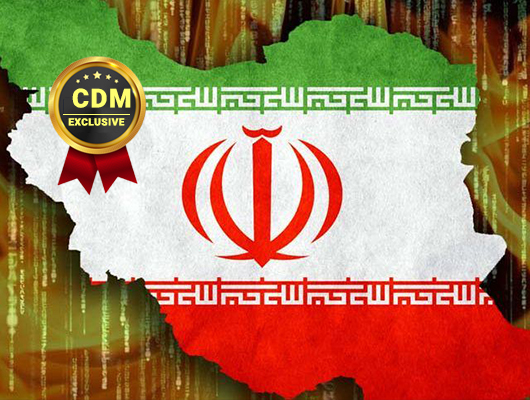From cyberdefensemagazine.com

The Microsoft Threat Intelligence Center (MSTIC) shared the results of their analysis on the evolution of Iran-linked threat actors at the CyberWarCon 2021. Over the past 12 months, MSTIC experts observed increasingly sophisticated attacks orchestrated by Iranian APT groups.